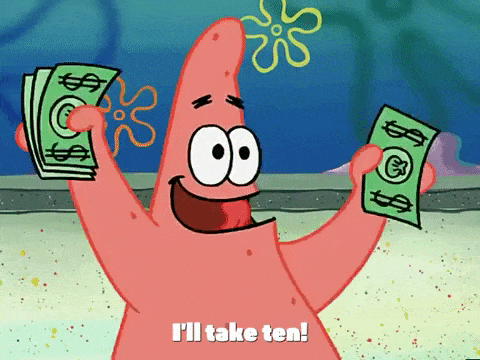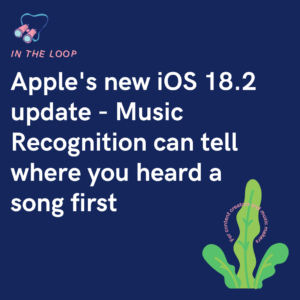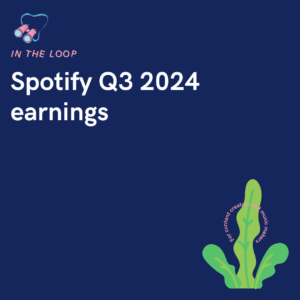2,000 painters, writers and musicians will start receiving $330 per week in Ireland. This comes from the Irish government’s new scheme to ensure the correct funding of the arts. 9,000 creatives applied, and this number was narrowed down to 2,000 who will receive this grant.

2,000 selected out of 9,000 applicants
The Irish government selected 2,000 people out of 9,000 applications. These individuals will receive a weekly grant over the next three years all thanks to a new scheme. Each week they’ll be given a basic income of $350. It’s said that this scheme will support 707 visual artists, 584 musicians, 204 artists within film, 184 writers, 173 theatre actors and actresses, 32 dancers and choreographers, 13 circus artists and 10 architects.
The idea is to provide those working within the arts with a means to continue. Arts based careers have often been underfunded, leaving many creatives with no choice but to leave the industry. Instead, they must turn to careers in areas they know they can earn a living. Completely going against their training and passions. Unfortunately, this is how it’s become for many because there simply isn’t the funding in place for them to continue.
Being freelance or hired for set commissions is great in many ways. However, when the work isn’t there, you don’t then get paid. Meaning many need a second job or income, just to get by. That doesn’t leave them with much time for their art which is why so often creatives have to put their passions aside. The Irish government are taking a stand against this by creating a scheme with these individuals in mind. Those receiving the grant will be paid for the next three years.
Statistics behind their selections
84% of those who were selected are currently working in their profession. Being the artists and creators themselves. 9% are working within the industry, helping to keep the arts up and running. They aren’t artists themselves, however, without their work, exhibitions of art wouldn’t take place. 7% who have received funding are recently trained within their field. Yet to possibly work in the industry, however, fresh and ready to create. The balance is important because without one group, another wouldn’t be able to continue. It’s a domino effect.
“The Basic Income for the Arts pilot scheme is a once-in-a-generation initiative,” Catherine Martin, Ireland’s Minister for Tourism, Culture, Arts, Gaeltacht, Sport and the Media. She also went on to say “It makes a strong statement about the value Ireland places on the arts and artistic practice.” After the argument for many years revolving around the lack of support for the arts, it’s great to see one country are taking this seriously. After all, it’s very unlikely any of us would lead a happy life without any form of art.
The impact of COVID-19
COVID-19 proved many things to us. A huge one being, the world cannot survive without the arts. Whether you used your newly gained time to read more, learn to draw, watch TV or listen to music. The arts are everywhere, and we do collectively need them to continue with life as we know it. Art goes back decades and decades. Plays and paintings have always been a big pastime. We’ve become so used to them being our source of entertainment that we really wouldn’t be able to compute no longer accessing them.
However, the pandemic was particularly hard on those working within the arts. While we all wanted to continue watching, listening and reading. Those working in creative roles suddenly weren’t able to do their normal jobs. Either through restrictions, or because their budgets had suddenly been cut. The world essentially went into a major lockdown, and this meant creatives were suddenly trapped indoors, unable to continue with their work. Thankfully this scheme might be here to change this. Bringing those back to the roles they love.
Those who choose to partake in this scheme will have their data collected and assessed. The idea behind this is to see just how the scheme has impacted them and their creative work. Has it made it easier to be a part of the arts, or has it simply kept them afloat? It will be interesting to continue to monitor the scheme and see how those starting out will benefit along the way. Hopefully it will be a positive change that encourages other governments to take note and follow this example.





